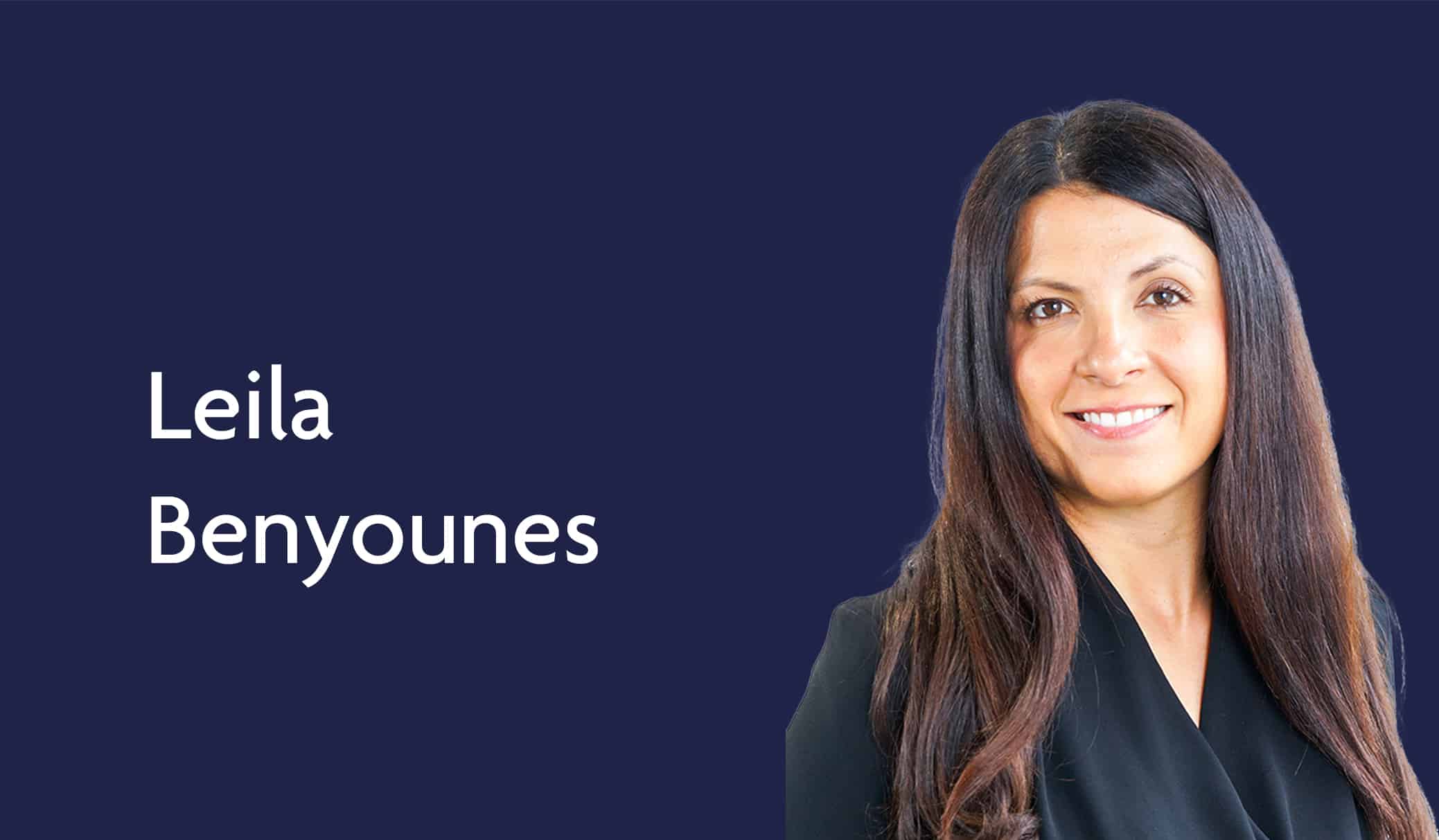Think twice before making a pre-action admission

Pupil Barrister. Oliver Bailey reviews the decision in Somoye v North West Anglia NHS Foundation Trust [2023] EWHC 191 (KB).
Facts
This case concerned a clinical negligence claim arising out of the death of Dr Oluyinka O Somoye. In short Dr Somoye attended the Defendant’s hospital for a myomectomy on 28/02/18 and was discharged by the treating doctors on 03/03/18. On 07/03/18 Dr Somoye returned to hospital with severe abdominal pain. She subsequently vomited faeces, collapsed, and suffered a fatal cardiac arrest.
Admission
In March 2020 the Defendant made a pre-action admission of liability primarily based upon the written expert opinion of Professor Winslet, who had been instructed by the Coroner for the inquest. The Defendant then reiterated this admission by letter a year later in April 2021.
However, at the inquest Professor Winslet changed his opinion somewhat and concluded that different treatment would not have prevented death.
The Defendant then made an application to withdraw the pre-action admission in respect of causation, not in respect of breach of duty. The Defendant then relied upon Professor Winslet’s updated opinion and also expert evidence from a consultant in intensive care and a cardiologist.
The Law
Under CPR 14.1A(4) a party who makes a pre-action admission may apply to withdraw it.
Practice Direction 14 paragraph 7.2 states:
“In deciding whether to give permission for an admission to be withdrawn, the court will have regard to all the circumstances of the case, including –
- The grounds upon which the applicant seeks to withdraw the admission including whether or not new evidence has come to light which was not available at the time the admission was made;
- The conduct of the parties, including any conduct which led the party making the admission to do so;
- The prejudice that may be caused to any person if the admission is withdrawn;
- The prejudice that may be caused to any person if the application is refused.
- The stage in the proceedings at which the application to withdraw is made, in particular in relation to the date of a fixed period for trial;
- The prospects of success (if the admission is withdrawn) of the claim or part of the claim in relation to which the admission was made; and
- The interests of the administration of justice.”
Application
Master Sullivan thought that the factors listed in PD 14 are not to be considered in any hierarchy, but ought to be applied to achieve the overriding objective. The factors were then considered in turn and can be summarised as follows:
- New evidence. The oral evidence given by Professor Winslet was not new but rather a change of opinion. In 2018 he opined aspiration was the cause of death however, he also raised the alternative view. Therefore, the issue was identified from 2018, pre-admission. Master Sullivan noted that the new evidence now obtained by the defendant was evidence in support of the application but not new evidence for the purpose of the test.
- Conduct. The onus was on the defendant to fully investigate matters prior to making the admission. Especially when the expert had raised an alternative view which could support a defence. The second admission was made to spare a full inquest and to reduce costs. Whilst this is something to be encouraged, we must look at the impact in the round. The Trust will almost always be represented at inquest however a family may not be where an admission has been made and costs may not be recoverable. The claimant then potentially loses an opportunity to fully investigate at inquest. In this case it meant the clinicians were not called to give factual evidence.
- Prejudice. The prejudice on the claimant who has relied upon this admission and limited their enquiries and investigations as a result was significant. An opportunity to obtain factual evidence had been lost because of the 3 years since the admission. In addition, the defendant’s prejudice in being refused permission to withdraw was mitigated as they were still able to challenge the extent of their losses.
- Stage in the proceedings. Master Sullivan afforded little weight to the application being at the very start of the civil proceedings. Greater emphasis was placed on the application coming some 5 years post incident, 3 years post admission and after an inquest.
- Prospects of success. As a result of the two expert reports obtained, the defendant had good prospects of success in respect of 07/03/18. The claimant had not produced any evidence to refute the same. However, the admission was not date specific. The defendant did not provide any evidence dealing with the earlier substandard treatment on 03/03/18.
- Interests of Justice. The claimant argued that allowing the admission to be withdrawn would result in claimant’s being unable to rely on admissions pre-inquest in case it was later withdrawn. As such claimants would be incurring expenses to fully investigate matters even when an admission has been made. The defendant argued that to allow a trial on an artificial basis, where evidence is against the admission would not be in the interests of justice. Master Sullivan noted this factor was very much connected with conduct (b).
Decision
The fact the defendant now had a realistic defence was a strong factor in favour of granting permission to withdraw. Master Sullivan felt however that this was outweighed by the conduct and prejudice of the parties on this set of facts. Permission to withdraw the admission was therefore refused.
Conclusions
This case serves as a useful reminder to those considering making a pre-action admission of liability. Generally, pre-action admissions are to be encouraged. They enable parties to narrow down the issues and ensure the case progresses in a proportionate and reasonable manner. However, early admissions in particular will shape the trajectory of a case and inform either parties decision making. Parties are therefore well advised to think long and hard about the evidence and how it may develop before making pre-action admissions. A party wishing to withdraw from an admission should also act promptly and in a transparent manner to afford themselves the best chance of success.










